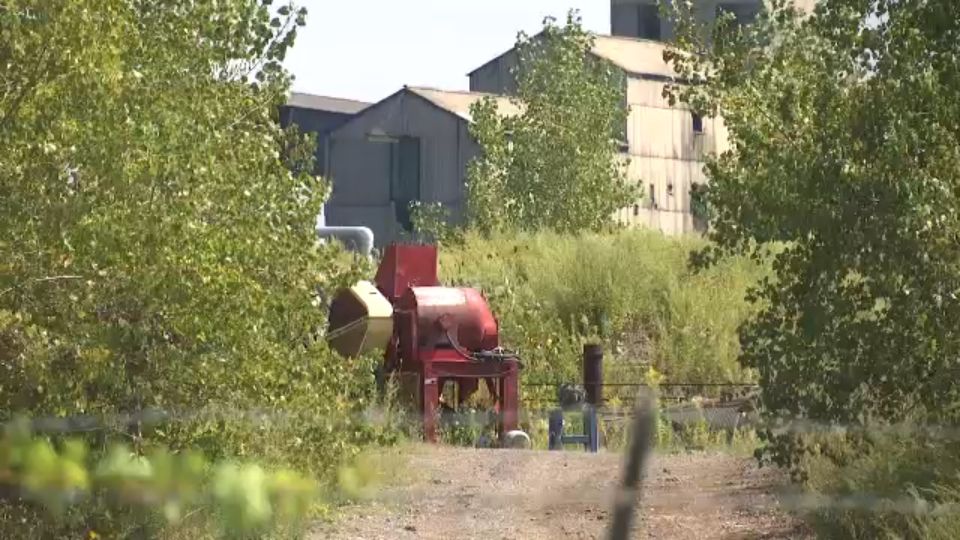The Tonawanda Coke plant is officially shut down, according to the New York State Department of Environmental Conservation. This milestone comes after a decade-plus of complaints, protests for cleaner air in the area, noted environmental violations and finally, the company relenting amid settlement talks. Ultimately, the company didn't have enough money to pay its fines for breaking the Clean Air Act.
The company used ovens to produce coke, a coal product which which is then used as fuel to make steel. The DEC stated that the gas lines were completely purged and all 30 coke ovens are now empty.
As to what's next, the DEC stated that environmental workers are assessing contamination and environmental conditions at the River Road property.
Tonawanda Coke employed 129 workers at the time the shut down began.
Most recently, a U.S. bankruptcy court judge signed off on the company making final payments to employees, including severance and vacation.
The shutdown process began not long after Oct. 12 when amid settlement talks, the company informed the Department of Environmental Conservation of its financial inability to legally operate the plant.
A subsequent statement by the company bemoaned the fact that workers found out about the shutdown through media reports:
"This outcome is truly unfortunate. Confidentiality was necessary to ensure the safety of Tonawanda Coke's workers and the community, as shutting down a coke battery can be a complex and dangerous activity which can only be safely accomplished through careful, detailed planning, and utilization of experienced personnel. It was essential that we communicate with our workers to ensure they understood the situation and would continue to operate the battery safely."
The company filed for Chapter 11 bankruptcy and, as part of its filing, the company was required to show a list of 20 companies it owes the most money to. Its largest debt is the week-overdue community service payment of $2 million to the federal government. There are another two payments, each around $300,000, due to Southern Minerals Inc., and Rhino Energy LLC.
A previous filing mentioned a $1 million debt to DiVal Safety Equipment in Buffalo, but a second filing clarified that Tonawanda Coke only owes the company $19,000. Two others were between $200,000 and $300,000, with many others were between $20,000 and $40,000.
According to the bankruptcy filing, after any administrative expenses are paid, no funds will be available to pay its debts. As a result, the company may not be able to make its final $2 million community service payment from its 2013 criminal conviction.
The U.S. Attorney's Office previously filed for Tonawanda Coke to disclose its financial information, so the government could determine a way to collect the payment.
District Court Judge William Skretny gave Tonawanda Coke an extension to release the financial data, citing the company's bankruptcy filing and continuing shutdown of the plant. He did not, however, grant an extension on the community service payment, now a week overdue.
The DEC added it will work to ensure that workers and the neighboring community near Tonawanda Coke are protected during the shutdown process, and it will ensure the site is "fully secured" once the plant closes.
This matter is unrelated to September's decision that, despite violating its parole from a 2014 conviction for failing to comply with the Clean Air Act, the company could continue operating.
